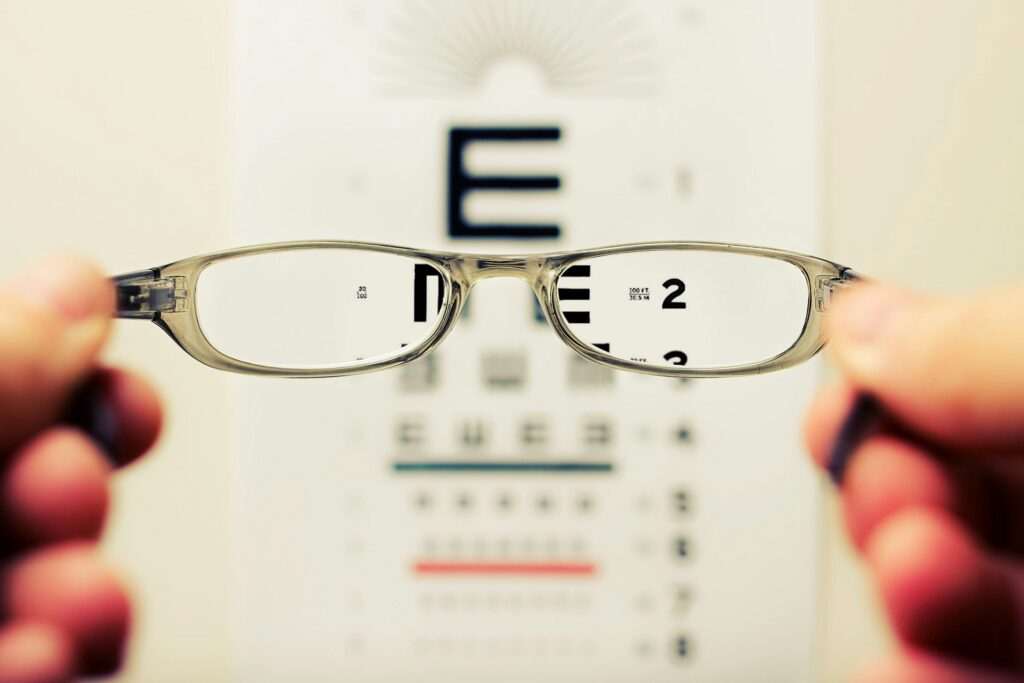Awareness strikes like lightning
Picture by Johannes Plenio
Lightning Element
Being aware is something difficult to grasp, much like a bolt of lightning that happens in an instant. We may live our entire lives without ever developing a connection to awareness, yet it can also arise unexpectedly, like a sudden clap of thunder.
Practicing meditation, cultivating a growth mindset, and maintaining a humble mind are fundamental to cultivating awareness.
“The awareness of our own strength makes us modest”
—Paul Cézanne
Relations to the Key Principles

Mastering Time: The Power of Awareness in Shaping Your Life
Time and awareness are intricately linked, as our perception of time shapes how we experience life, make decisions, and engage with the world. Awareness—our conscious attention to the present moment—can either stretch or compress our sense of time, depending on how mindful or distracted we are. When we are fully aware and present, time often feels expansive, and we become more attuned to details, emotions, and sensations. This heightened state allows us to make deliberate, meaningful choices, whether it’s in personal relationships, work, or creative pursuits.
On the other hand, when we operate on autopilot or are consumed by distractions, time seems to fly by unnoticed. Hours or even days can slip away without a clear sense of accomplishment or fulfillment. This can lead to stress, a feeling of being overwhelmed, or the sensation that life is passing us by too quickly. By practicing mindfulness and increasing our awareness, we can regain a sense of control over time, allowing us to allocate our time more effectively.
Furthermore, an enhanced awareness of time brings clarity to our priorities. It encourages us to focus on what truly matters—whether it’s spending time with loved ones, working toward personal goals, or taking care of our health. Time is a finite resource, and awareness helps us recognize its value, enabling us to live more intentionally and purposefully. In essence, the more aware we are of our time, the more empowered we become to shape our lives in ways that bring us meaning and satisfaction.
Recommended book : The Power of Now by Eckhart Tolle
Picture by NEOM
Finding Harmony: The Interplay of Balance and Awareness
Balance and awareness are intertwined concepts that significantly influence our overall well-being. In our fast-paced lives, achieving a sense of equilibrium requires not only recognizing the various aspects of our existence but also being mindful of how we navigate them. Awareness serves as the foundation for balance; it allows us to identify when our lives tilt too far in one direction—be it work, relationships, or personal health.
When we cultivate awareness, we become attuned to our thoughts, emotions, and actions. This heightened state of consciousness enables us to assess our circumstances objectively and make informed decisions. For instance, a person overwhelmed with work might realize through self-awareness that they need to prioritize self-care and leisure time. Conversely, someone who indulges too much in relaxation may recognize the need to take on more responsibilities to foster personal growth.
Moreover, awareness empowers us to understand our limitations and capacities. It reminds us that balance is not a static state but a dynamic process that requires continual adjustment. By maintaining awareness, we can avoid burnout from overcommitment while also steering clear of complacency from under commitment.
Ultimately, the relationship between balance and awareness is vital for leading a fulfilling life. By fostering awareness, we gain the insight needed to create and sustain balance, allowing us to thrive in all areas of our lives.
Picture by Christophe Hautier


The Power of Awareness: Unlocking the Brain’s Potential
Awareness is a fundamental aspect of human experience that directly impacts our brain function and overall well-being. It refers to our ability to recognize and understand our thoughts, emotions, and surroundings, forming the basis for informed decision-making and effective action. The brain plays a pivotal role in this process, processing vast amounts of information to help us navigate our lives.
When we cultivate awareness, we engage various brain regions, including the prefrontal cortex, which is responsible for higher-order functions like reasoning and self-regulation. This engagement fosters neuroplasticity, the brain’s remarkable ability to adapt and reorganize itself. As we practice mindfulness and develop greater awareness, we create new neural pathways that enhance our cognitive abilities, improve memory retention, and promote emotional resilience.
Furthermore, heightened awareness contributes to better emotional regulation. By recognizing our feelings and their triggers, we can respond to stressors more effectively, reducing anxiety and fostering a sense of calm. This emotional clarity allows us to engage in healthier relationships and communicate more openly with others.
The benefits of awareness extend beyond individual well-being; they also impact our overall productivity and creativity. When we are present and aware, we can harness our full cognitive potential, leading to innovative solutions and improved performance in both personal and professional pursuits.
In essence, cultivating awareness is a powerful tool for unlocking the brain’s potential, enhancing our emotional intelligence, and fostering a fulfilling life. By prioritizing awareness, we can navigate the complexities of our existence with greater clarity and purpose.
Picture by David Travis